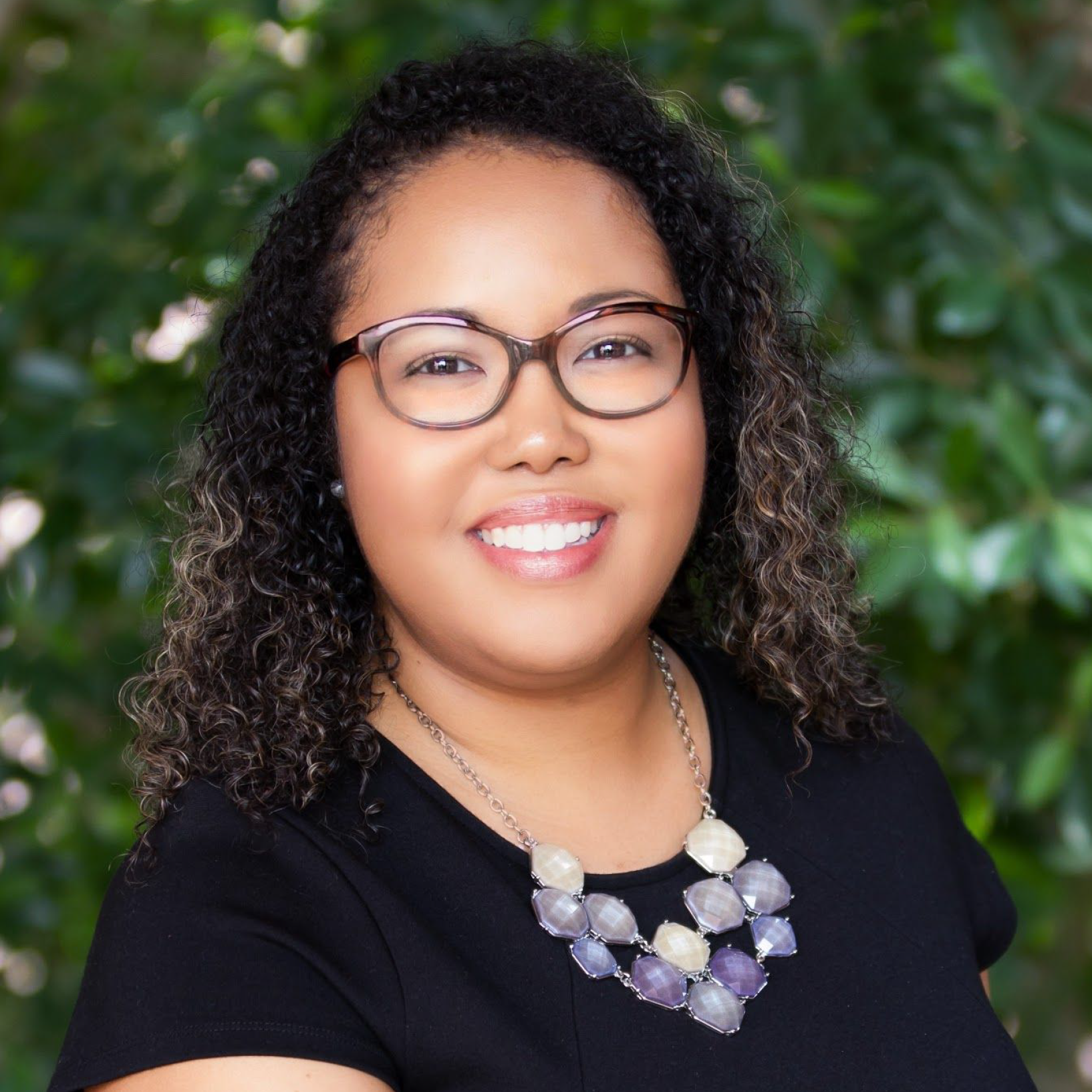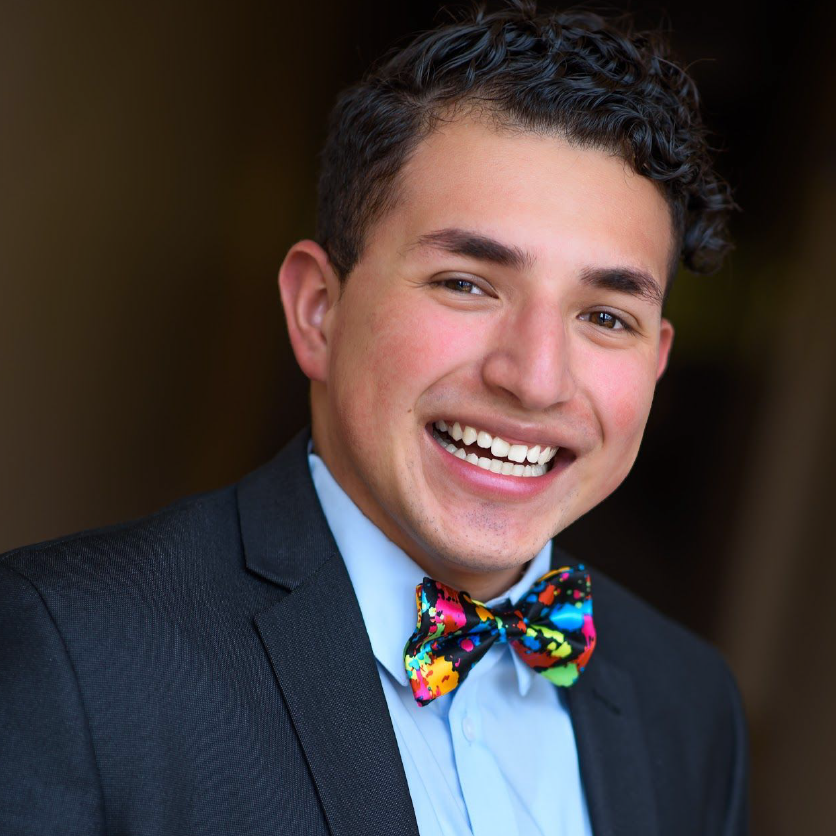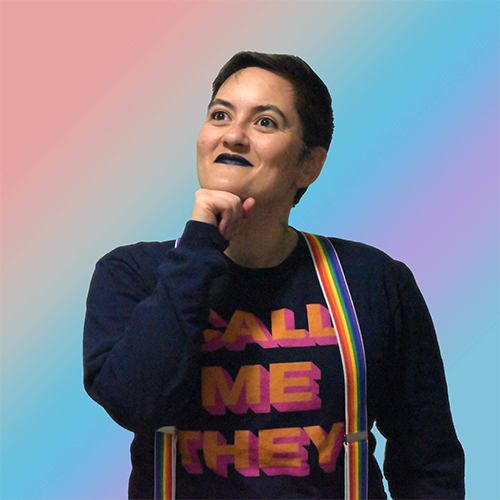![]() Cancel culture. Disbanded groups. Severed ties. Intent vs Impact. Most of us are shit at dealing with problematic behavior – our own or others! Whether in our nonprofits, our neighborhood groups, activist communities or families – our unresolved conflicts cause damage, chaos and separation – in times where we need unity, repair and one-ness to best serve our communities. Enter Kevin Baker whose mission is to make sure people can bring their authentic cultural selves to the workplace, creating healthier, more open workspaces that better serve humans.
Cancel culture. Disbanded groups. Severed ties. Intent vs Impact. Most of us are shit at dealing with problematic behavior – our own or others! Whether in our nonprofits, our neighborhood groups, activist communities or families – our unresolved conflicts cause damage, chaos and separation – in times where we need unity, repair and one-ness to best serve our communities. Enter Kevin Baker whose mission is to make sure people can bring their authentic cultural selves to the workplace, creating healthier, more open workspaces that better serve humans.
OMG, stop giving us your old garbage: On creating a community-centered donation policy for your org
 A 25-year-old can of soup was an honored relic at a food bank that I worked at — every food bank probably has one. Before each volunteer shift, the volunteer coordinator would go through the instructions for sorting through the industrial size cardboard boxes full of canned and dried donated goods. The shining star of this repetitive presentation was the quarter century year old can that sat on a special shelf next to her office.
A 25-year-old can of soup was an honored relic at a food bank that I worked at — every food bank probably has one. Before each volunteer shift, the volunteer coordinator would go through the instructions for sorting through the industrial size cardboard boxes full of canned and dried donated goods. The shining star of this repetitive presentation was the quarter century year old can that sat on a special shelf next to her office.
Zoinks! Like, is burnout at it again? Orrr is there a new villain in town?
 Throughout the week I have been hearing these mysterious stories of tiredness, crying fits under blankets, graying and thinning hairs, and general anxiety over work. All of it just sounds like there is a monster chasing us around. For example, have you ever wanted to take a nap during work hours but felt that you couldn’t because eyes were following you? It seems that this conundrum is an illusion because we are often quick to blame ourselves for not getting enough rest.
Throughout the week I have been hearing these mysterious stories of tiredness, crying fits under blankets, graying and thinning hairs, and general anxiety over work. All of it just sounds like there is a monster chasing us around. For example, have you ever wanted to take a nap during work hours but felt that you couldn’t because eyes were following you? It seems that this conundrum is an illusion because we are often quick to blame ourselves for not getting enough rest.
Well, what if I told you that you should be blaming your employer and the work culture that we’ve been systematically programmed to believe in — rather than yourself?
The Ethical Rainmaker: “The truth about unhoused folks (and harm reduction!) ft. The Sidewalk Project”
![]()
Medical violence. Stigmatization. Criminalization. These are just a portion of the harms we, as nonprofits, cause the people we are supposed to serve. That’s why Soma Snakeoil and Stacey Dee created The Sidewalk Project, an organization that advocates for the dignity and rights of people living on the streets. Everyone deserves to be treated with respect, have their needs met, and receive medical care, but our unhoused neighbors are often denied even the most basic compassion and dignity.
In this latest episode of the Ethical Rainmaker, learn about some of the shitty practices we perpetuate and how we can instead empower communities that have been systematically harmed and erased
3 learnings from BIPOC communities that have made me a better nonprofit leader
 As first generation Asian Canadians, my parents always worked blue collar jobs — from housekeeper, warehouse worker, health care worker, and everything in between. Because of this, growing up, I never had role models in fields like “the nonprofit sector” and certainly not jobs like “executive director.” The nonprofit sector — the idea of working in a sector that doesn’t aim to generate large profits — was so foreign to my parents, Especially since they grew up poor in their home country and then came to Canada for the dream to thrive and be successful.
As first generation Asian Canadians, my parents always worked blue collar jobs — from housekeeper, warehouse worker, health care worker, and everything in between. Because of this, growing up, I never had role models in fields like “the nonprofit sector” and certainly not jobs like “executive director.” The nonprofit sector — the idea of working in a sector that doesn’t aim to generate large profits — was so foreign to my parents, Especially since they grew up poor in their home country and then came to Canada for the dream to thrive and be successful.
So seeing their only daughter work in a sector that didn’t fulfil their dream was a bit unexpected for them.
Why does equitable need-based pay make white folks so scared?
 “I’m writing an article about how to start offering equitable pay and I’m remembering an organization that had every person’s salary band start the same, regardless of their position, and had it based on need (those with more dependents earned at the higher end of the band, those without generational wealth, earned at the higher end, etc). But I can’t, for the life of me, remember the name of the organization or where I saw it. Can anyone offer guidance?”
“I’m writing an article about how to start offering equitable pay and I’m remembering an organization that had every person’s salary band start the same, regardless of their position, and had it based on need (those with more dependents earned at the higher end of the band, those without generational wealth, earned at the higher end, etc). But I can’t, for the life of me, remember the name of the organization or where I saw it. Can anyone offer guidance?”
This is what I asked three different groups as I set out to research something for my last article “Underpaid staff don’t need motivation, they need dollar bills and benefits.”
I asked because I knew I had heard of an organization doing just this and assumed I had heard it in one of these three groups. It was a straightforward question, and I expected a straightforward answer.
The Ethical Rainmaker: “How I Figured Out I Suffer From Toxic Productivity,” ft. Marina Martinez-Bateman
![]() Are you slowly killing yourself or your joy through over-working? Toxic productivity may be a buzz phrase currently, but it’s also becoming the norm — and it can ruin your life! In this episode of The Ethical Rainmaker podcast, Marina Martinez-Bateman and Michelle talk about Work with a capital W — whether it’s laboring for labor unions, the carrots of accolades, work culture, and the bedtime story moment that changed everything for Marina.
Are you slowly killing yourself or your joy through over-working? Toxic productivity may be a buzz phrase currently, but it’s also becoming the norm — and it can ruin your life! In this episode of The Ethical Rainmaker podcast, Marina Martinez-Bateman and Michelle talk about Work with a capital W — whether it’s laboring for labor unions, the carrots of accolades, work culture, and the bedtime story moment that changed everything for Marina.
Stop the sabotage: Why Millennials like us must add chairs at the table for Gen Z
 Friends. I am turning 40 this summer. I am milleniOLD. An elder millennial. Some might say a geriatric millennial — which is just rude, y’all. I still feel young, despite listening to chats that my children — both born after 2010 and currently categorized as Gen Alpha —— have songs and trends and technology that I’m completely clueless about.
Friends. I am turning 40 this summer. I am milleniOLD. An elder millennial. Some might say a geriatric millennial — which is just rude, y’all. I still feel young, despite listening to chats that my children — both born after 2010 and currently categorized as Gen Alpha —— have songs and trends and technology that I’m completely clueless about.
Sometime in the last decade, I went from being one of the youngest people in the room to one of the oldest. I did not realize this shift had occurred until recently, when I was on a Zoom with a client. During an icebreaker, we all had the chance to share one of our favorite teenage/coming-of-age movies.
How I achieved MY version of emotional sustainability
 For a long time in past jobs, early in my career, a bad day meant needing to go back to college career fairs. There, after trying to deliver a just-decent elevator pitch to the few companies who could sponsor international students, I’d always stumble upon two groups I hoped to avoid…
For a long time in past jobs, early in my career, a bad day meant needing to go back to college career fairs. There, after trying to deliver a just-decent elevator pitch to the few companies who could sponsor international students, I’d always stumble upon two groups I hoped to avoid…
I remember, whenever I encountered either of these two groups, I needed to pause, almost always, for a few hours after the job fair to probe and ask myself: Hmm, what else am I missing that I can work on?
The Ethical Rainmaker: “Why honesty is my favorite form of poetry” featuring Matthew Cuban Hernandez
![]() Honesty. We crave it and we don’t get enough of it! In this episode, award winning poet, hip hop artist and teacher Matthew Cuban Hernandez of Street Poets Inc. (LA) talks with Michelle about honesty in our interpersonal relationships and in our organizations, rites of passage, structural racism and ageism in working with young people and…giving work away!
Honesty. We crave it and we don’t get enough of it! In this episode, award winning poet, hip hop artist and teacher Matthew Cuban Hernandez of Street Poets Inc. (LA) talks with Michelle about honesty in our interpersonal relationships and in our organizations, rites of passage, structural racism and ageism in working with young people and…giving work away!
What to do when we f*ck up — because we will — a lot

“I’m sorry — I’ll do better next time.” One sentence, seven words = the beginning of repair.
Not long ago, over text message, I told a friend (let’s call him Bryce) that something he said didn’t land well with me. All I wanted to hear in reply were those seven words.
Instead, I got a text that said something like “OK” and then, days later, an in-person visit under false pretenses during which I got a monologue on how, by telling him that I was uncomfortable with his words, I had hurt him — how I had triggered him and brought up his old traumas.
The CCF movement needs YOU!
 This summer, we’re planning to transition leadership of Community-Centric Fundraising (CCF) from its co-founders to a CCF Global Council, and we sincerely hope that you will consider applying for this. There are more details about what it all entails, but first, here’s backstory for those of you who like context!
This summer, we’re planning to transition leadership of Community-Centric Fundraising (CCF) from its co-founders to a CCF Global Council, and we sincerely hope that you will consider applying for this. There are more details about what it all entails, but first, here’s backstory for those of you who like context!
